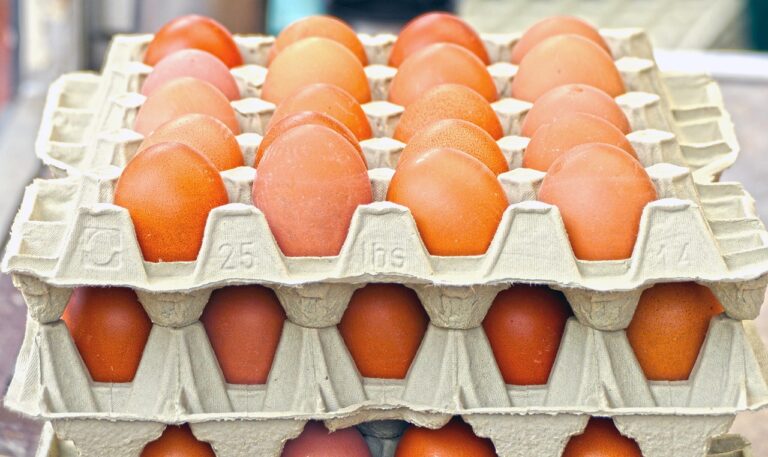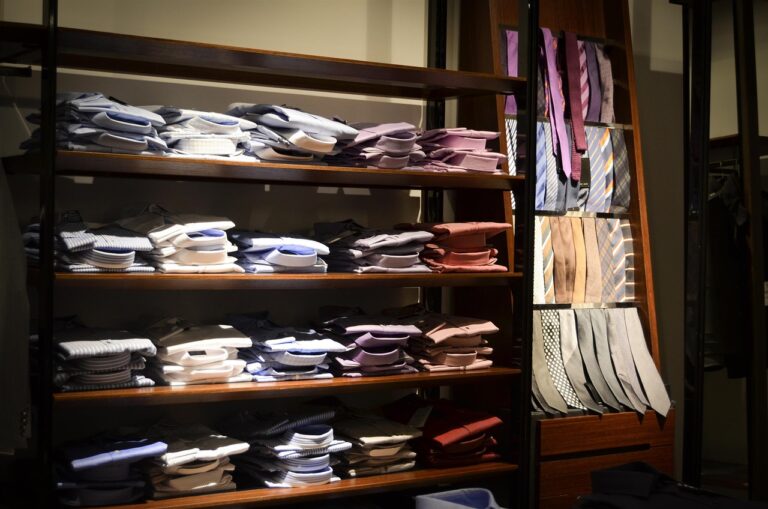The Rise of Resale Marketplaces: Redefining Sustainable Shopping
Resale marketplaces offer individuals the opportunity to declutter their closets and make some extra cash by selling preloved items. This not only helps in reducing waste but also promotes sustainability by giving clothing and accessories a second life. Additionally, purchasing items from resale marketplaces allows budget-conscious consumers to access quality products at a fraction of the original cost.
Moreover, resale platforms provide a sense of community and connection among buyers and sellers. The social aspect of these marketplaces enables individuals to engage in meaningful interactions, share styling tips, and support each other in their fashion choices. This creates a more personalized shopping experience compared to traditional retail outlets, leading to a more enjoyable and fulfilling shopping journey for all involved.
Impact on Fast Fashion Industry
Resale marketplaces are significantly reshaping the fast fashion industry by offering consumers a sustainable alternative to traditional shopping practices. With the rising awareness of the environmental impact of fast fashion, more shoppers are turning to secondhand goods as a way to reduce waste and promote a more circular economy. This shift in consumer behavior is forcing fast fashion brands to reevaluate their production methods and make strides towards more sustainable practices.
Moreover, the popularity of resale marketplaces is challenging the fast fashion industry’s traditional model of constant production and consumption. As more people choose to buy and sell pre-owned items, the demand for new, cheaply made clothing is declining. This change is compelling fast fashion brands to reconsider their business strategies, with some incorporating buy-back programs or exploring ways to extend the lifespan of their products. Ultimately, the growth of resale marketplaces is pushing the fast fashion industry to adopt more environmentally conscious practices in order to stay relevant in a changing market landscape.
Economic Opportunities for Sellers
Resale marketplaces provide a lucrative avenue for individuals looking to declutter their homes while making some extra income. By selling pre-owned items, sellers can tap into a large customer base seeking unique or discounted products. This not only benefits sellers financially but also contributes to the reduction of waste by giving items a second life.
Moreover, the ease and convenience of online resale platforms have made it more accessible for sellers to reach a broader audience beyond their local communities. This opens up new opportunities for individuals to turn their hobby of thrifting or collecting into a profitable side business. With the ability to set their prices and connect directly with buyers, sellers have greater control over their sales and can maximize their earnings in the growing resale market.
• Sellers can tap into a large customer base seeking unique or discounted products
• Selling pre-owned items contributes to the reduction of waste by giving items a second life
• Online resale platforms make it more accessible for sellers to reach a broader audience beyond their local communities
• Individuals can turn their hobby of thrifting or collecting into a profitable side business
• Sellers have greater control over their sales and can maximize their earnings in the growing resale market.
What are some benefits of using resale marketplaces for sellers?
Resale marketplaces provide sellers with a platform to reach a wider audience, increase sales potential, and reduce waste by giving pre-owned items a second life.
How does the resale market impact the fast fashion industry?
The resale market challenges the fast fashion industry by promoting sustainability, encouraging consumers to buy less and buy better quality items that can be resold or reused.
What are some economic opportunities for sellers in the resale market?
Sellers in the resale market have the opportunity to earn extra income, build their brand, and contribute to a more sustainable economy by participating in the circular fashion movement.







